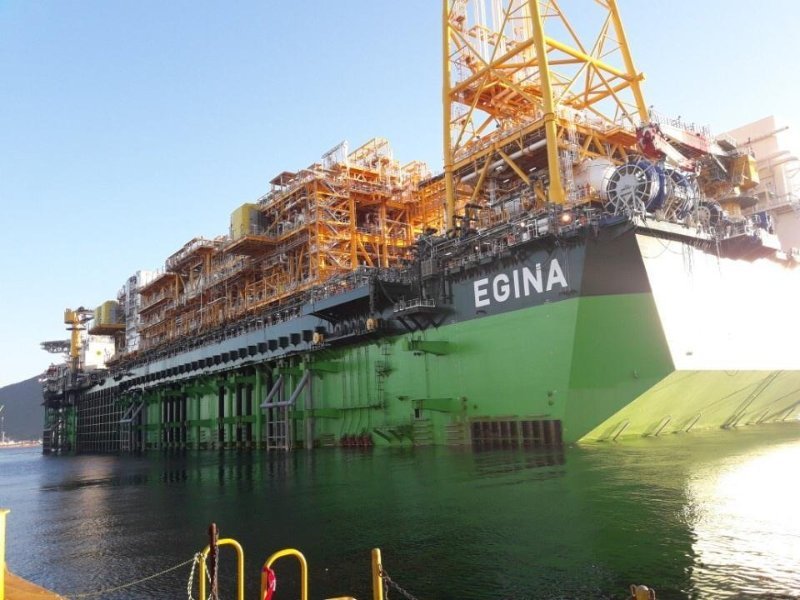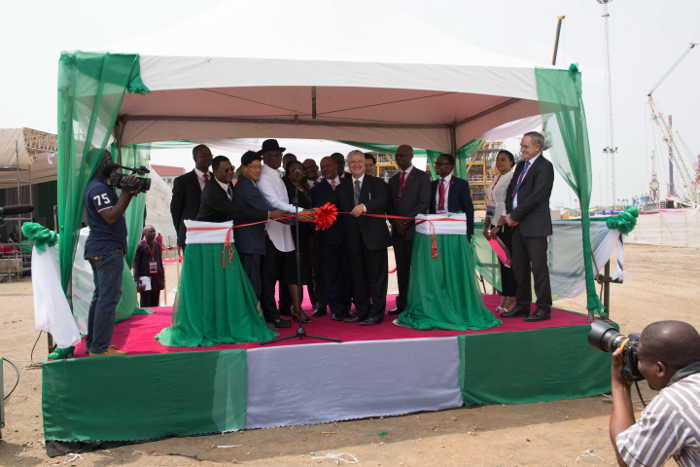 31 August 2013, News Wires – Tax changes and new technology mean that there is a lot of oil and gas investment going on in the UK Continental Shelf at the moment. Rigzone recently spoke with the Minister of State for Energy and Climate Change Michael Fallon about the future of North Sea oil and gas and the potential for a shale gas revolution in the UK.
31 August 2013, News Wires – Tax changes and new technology mean that there is a lot of oil and gas investment going on in the UK Continental Shelf at the moment. Rigzone recently spoke with the Minister of State for Energy and Climate Change Michael Fallon about the future of North Sea oil and gas and the potential for a shale gas revolution in the UK.
Rigzone: The North Sea has seen a recent resurgence among certain marginal economic fields with several companies making the investment decision to go ahead with them, e.g. GDF Suez’s Cygnus project. How much of this has to do with special tax measures introduced to “ring fence” revenues and profits from such fields from taxation?
Fallon: The government is committed to supporting investment in the oil and gas industry, a vital sector that provides jobs and growth across the UK. We have worked closely with the industry to develop a package of measures designed to maximize the economic production of the UK Continental Shelf (UKCS), including the introduction of a range of new field allowances and providing greater certainty on tax relief for decommissioning costs.
These measures have helped incentivize record levels of investment – with £11.5 billion ($17.1 billion) in 2012 and nearly £14 billion ($20.9 billion) expected in 2013. Many companies have highlighted that the measures we have introduced to the oil and gas tax regime have helped support this investment.
Rigzone: Do you concede that the current coalition government made mistakes with respect to tax in the North Sea when it first came into power? For example, the Chancellor’s decision to impose higher taxes on energy firms in 2011 that Centrica said forced it to close the South Morecambe gas field. Was that a mistake?
Fallon: As mentioned above, over the past two years the government has worked closely with the industry to introduce fiscal measures to help support the oil and gas sector. These measures have been welcomed by the industry and have helped incentivize record levels of investment, helping ensure we make the most of this vital national asset.
The increase in the rate of Supplementary Charge in 2011 at a time of high oil prices reflected the government’s aim to strike tvhe right balance between oil producers and consumers and to ensure a fair return for taxpayers. As part of the fair fuel stabilizer, if in future years the oil price falls below a set trigger price on a sustained basis, the government has committed to reduce the Supplementary Charge back towards 20 percent on a staged and affordable basis while prices remain low. The trigger price is currently at £45 ($67) a barrel – and will be reviewed every three years.
Rigzone: The UK government launched its first review of the North Sea oil and gas industry in 20 years in June. What is this review hoping to achieve?
Fallon: While investment levels are rising and the near-term prospects for the UK Continental Shelf are strong, it is one of the most mature offshore basins in the world and therefore faces unprecedented challenges that require new thinking and approaches. Our response is a focused, in-depth review, led by Sir Ian Wood, that will consult leaders across the industry, government and elsewhere to produce conclusions and recommendations for improving future economic recovery of oil and gas. Our aim is that Sir Ian’s recommendations will set the direction for the UKCS for the coming decades. The values involved in UK oil and gas are so large that even modest increases in production over time will deliver significant economic benefits.
Rigzone: How is the government helping to tackle the shortage of oil and gas industry workers brought about by the Great Crew Change? In particular, what is it doing to ensure that the North Sea’s oil and gas sector has enough workers in the short-tomedium term?
Fallon: Workforce skills are an important issue and are being tackled across a number of fronts. It is important we engage with young people and inform them of the long-term and highly rewarding prospects the oil and gas industry offers. We use our strong contacts within industry to progress the skills agenda with OPITO, Cogent, ECITB (Engineering, Construction Industry Training Board) and also the Scottish government’s skills organization, Skills Development Scotland (SDS).
The oil and gas sector also offers highly skilled and qualified opportunities for those looking to change careers from other industries. Current forecasts show there will be a requirement for an additional 15,000 employees over the next five years. We are working with OPITO, SDS and Subsea UK to encourage people to make the move by showing the necessary training programs are available.
In addition, PILOT and the Oil and Gas Industry Council, both government/industry taskforces, are focusing resources in three areas. Firstly, providing information and advice for those looking to find a way into the industry through the Industry Gateway. Secondly, forming a strategic relationship with the Ministry of Defence to identify opportunities for career changers and finally, broadening modern apprenticeships.
Rigzone: For several years the UK people have heard the view that North Sea oil “will soon run out”, yet a number of companies who operate there are looking decades ahead. For example, BP plc – via the Clair Ridge project – plans to extend production from the greater Clair area to 2050. What’s the government’s view about the longevity of the North Sea?
Fallon: The UKCS is maturing but has a very exciting future for decades to come. There are many new projects in the pipeline and we aim to launch a new offshore licensing round in 2014. But we cannot be complacent. That’s why we recently launched the Oil and Gas Industrial Strategy which, along with the work of the government/industry task force PILOT, has a clear focus on partnership with industry to support oil and gas investment, boost growth, and enhance the UK’s energy security. This includes work to improve production efficiency and recovery techniques.
To ensure that we are doing everything possible to maximize this resource and incentivize investment – we also now have the Oil and Gas Review. This is being led by the much experienced and respected Sir Ian Wood – who will be looking in depth at the key issues which need to be addressed to ensure longevity of the industry and our resources.
Rigzone: Is a shale gas industry a realistic possibility in the UK and what would the benefits be? How many people could be employed by it and how would the government help them acquire the skills needed to work in a UK shale gas industry?
Fallon: I very much hope so. But we don’t want to try and second-guess how things might develop. A successful UK shale gas industry has the potential to provide new employment and support UK energy security, benefiting the economy, taxpayers and communities. However, we are still at an early stage here. We need to move forward to enable the necessary exploration and prove the potential, while ensuring that the activity is safe and the environment is properly protected.
Rigzone: What is the government doing to allay the public’s fears about “fracking” before commercial shale gas production can begin in the UK?
Fallon: Appropriate control measures are now in place to address seismic risks. The government has made progress on facilitating exploration of UK shale gas reserves by ensuring that regulation of the industry is as robust and streamlined as possible.
The Treasury is consulting on fiscal measures to incentivize exploration, and DCLG (Department for Communities and Local Government) will publish detailed planning guidance to provide greater clarity for developers and local people on planning issues in this area. We have agreed a community benefits package with industry. It is important that residents in areas where there is drilling see benefits from it.
– Rigzone



